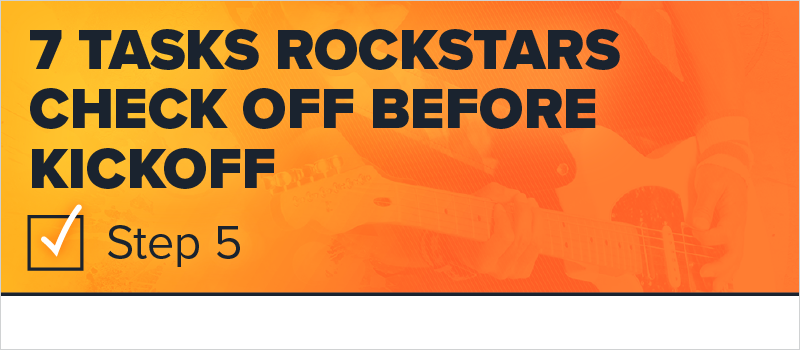
Welcome back, eLearning developers and instructional designers. Are you ready to also become project management rockstars? In this series, we’re taking a deeper look at each step of the 7 Tasks Rockstars Check Off Before Kickoff.
Our custom eLearning development team utilizes a project management strategy that starts with a Readiness call. This is a call or meeting that happens before we kickoff of a project. We use this time to gather information and get our ducks in a row. Hear all about it in this webinar.
During a Readiness call, we go over 7 specific areas with our clients, gathering information and details that will help us stay on target to meet our scoped budget and timeline.
Step 1 determined the roles and responsibilities of all the key players on your project.
Step 2 defined your client’s success criteria.
Step 3 outlined the project scope.
Step 4 covered how to explain project phases.
Today we’re talking about Step 5: Plan for Contingencies
We all know that even the best-laid plans can go awry. Experienced project managers have a contingency plan ready for the most common problems that can arise.
What are the most common “unexpected” issues?
-
Change of Scope
- You might hear this called a “change order” or “scope change request.”
-
Missed Deadlines
- This can happen to both sides. Maybe your development team hit a snag and didn’t finish something on time. Maybe your client forgot to review a draft when you asked them to.
At eLearning Brothers, we work hard to thoroughly scope projects before beginning work, so that we can stay on budget and on track with the agreed-upon timeline.
But circumstances outside of your control can impact your project scope. Perhaps another department changes its timeline and that impacts when they need your project. Or company priorities change and you need to add new training modules to your plan.
These things happen to the best of us.
Talk to your client honestly about the consequences of these problems and how you’ll manage either situation.
In the original webinar when we shared this strategy, an attendee asked “You set those parameters, but what do you do when it happens anyway. We can't bill our business partners…”
It’s true that in some situations you can’t bill the stakeholder or partner for extra work or missed deadlines. That does eliminate some of your leverage.
However, if billing them for extra hours won't happen, think about what will happen if the parameters aren't met. For example, you might not be able to bill for that work, but it certainly will impact the timeline. How will it impact their timeline? How will you respond if this happens? Whatever your "policy" or "impacts" are, share those upfront so they're very clear of what will happen if certain parameters are not achieved.
We’ll be talking about project-specific clarifications on the next post, but until then, download the Top Strategies to Avoid a Change of Scope checklist to start implementing these techniques in your eLearning development.
Download the checklist to see all the steps rockstars check off before kickoff.








